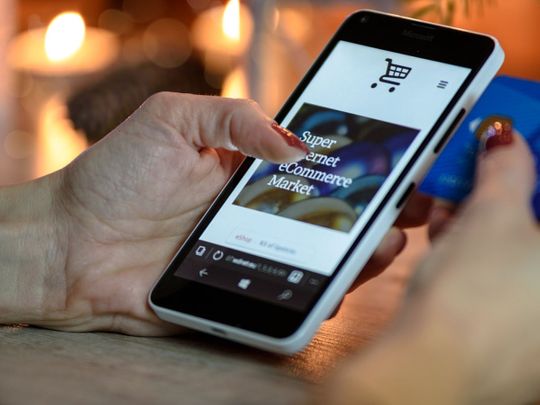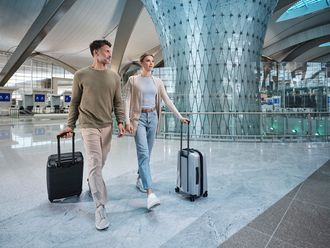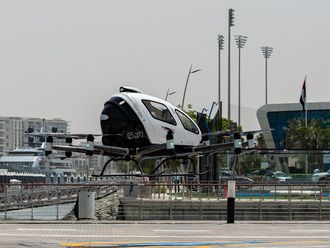
Ordering groceries or booking a taxi through smartphone apps has never been more convenient. But when grocery orders get delivered, intriguing VAT issues start emerging.
First and foremost, who supplies the groceries? Unlike the process when ordering in a meal, the grocery shopping module did not identify the actual supplier. It only listed the goods and their prices. Was the app-owning company the actual supplier?
The VAT laws require that the words ‘Tax Invoice’ should be clearly displayed on the invoice
FTA’s clarification
The service terms showed that the app operates as a marketplace – to match buyers seeking goods/services with third-party merchant partners. The supplies are made directly by the third-party merchant partners, and not by the app-owning company.
In the context of ecommerce, the Federal Tax Authority has clarified that e-marketplaces may operate as a ‘disclosed’ or an ‘undisclosed’ agent. A disclosed agent acts on behalf of and in the name of a principal supplier. The customer knows he or she is dealing with the agent of a principal supplier, with or without any direct communication with such principal.
The supply of goods is treated as made directly by the principal supplier. And the principal remains liable for VAT compliances thereon.
An undisclosed agent operates under its own name, where the customer has no knowledge, and cannot be reasonably expected to have knowledge that the agent is acting on behalf of a principal supplier. In such cases, there are two supplies for VAT purposes:
- From the principal supplier to the agent, i.e., such as an e-marketplace; and
- From the agent to the customer. The agent is liable for VAT on the total price received from customers.
Agency status of mobile apps
Where the app-owning companies do not disclose actual suppliers (of the grocery items) at the time of ordering, they have a decision to make – identify the nature of their agency. They can either operate as undisclosed agents and issue tax invoices for the supplies to customers in their names.
By declaring themselves as agent/facilitator in their service terms and conditions, the app-owning companies are considering themselves as disclosed agents. This precludes the need to issue tax invoices in their names. However, a pertinent question remains.
Can a disclosed agency exist without disclosing the identity of the principal supplier to customers? Perhaps not.
One should also distinguish between an agency and a back-to-back contract between the app-owning company and third-party merchant partners to sell/purchase goods.
The correct answer to such questions will have a significant bearing on VAT compliances. In a trade practice dispute before the European courts concerning a similar business model of an app-owning company (for ride hailing), it was held that it should be regarded as the contractor and not simply as an agent.
By declaring themselves as agent in their service terms and conditions, the app-owning companies are considering themselves as disclosed agents
Tax invoices
When the groceries get delivered, the app generally sends the order details through an email. In one such case, the email contained a statement at the very end that it is a ‘tax Invoice’ in respect of the goods/services provided.
But for that statement, the email was not classified as an invoice anywhere else. The VAT laws require that the words ‘Tax Invoice’ should be clearly displayed on the invoice.
A generic statement at the end of an email may not satisfy such requirement. The app-owning companies may not only need to classify the emails as invoices but also display ‘Tax Invoice’ clearly.
The e-commerce marketplace may also charge a service fee from customers for using the mobile apps. The supplier of such service fee should ideally not change based on the nature of the goods ordered on the app, be it groceries or meals.
The suppliers of various supply elements should be correctly identified to ensure correct VAT compliances.
With the tax landscape changing in the region, the business operations team should understand the importance of comprehensive tax compliance.









